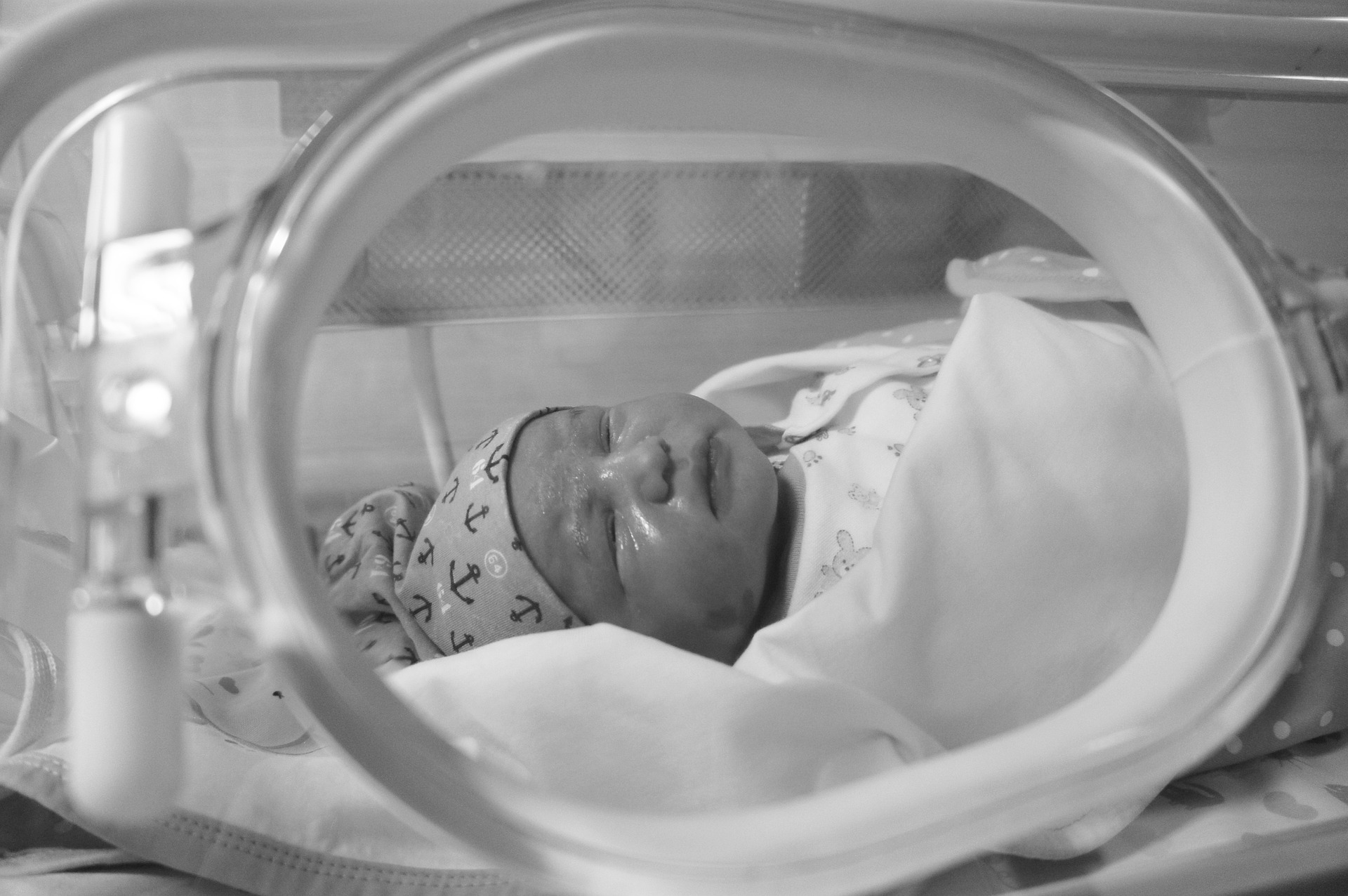Preterm babies and newborns with certain health conditions, such as low birth weight and breathing difficulties, often need incubators to keep them warm and safe from infections.
However, a new study has revealed the sounds inside these life-saving devices may damage the hearing of premature babies.
When do babies need an incubator?
Incubators are self-contained units that are capable of providing a safe, temperature-controlled environment for babies that needs NICU care.
Apart from providing a safe and warm bed for the baby to sleep in, incubators are designed to create an ideal environment for the infants to thrive by providing them with the perfect amount of oxygen, humidity, and light.
Here are some reasons a baby would need an incubator:
- Preterm birth
- Infection
- Breathing Issues
- Jaundice
- Traumatic birth
- Low birth weight
- Post-surgery recovery
Now, researchers have found that by the age of three, nearly 50% of preterm infants show deficits in language acquisition. Scientists believe that the NICU noise can be a possible contributor to the increased risk of hearing impairment, which could lead to delays in language acquisition.
The study published in Frontiers in Pediatrics evaluated the sound characteristics inside a NICU incubator based on 11 environmental noises and 12 incubator handling noises.
The environmental noises include starting and switching off the incubator engine, normal conversation, laughter, telephone sounds, infusion pump alarm sounds, monitor alarm, and blood pressure measurement.
Meanwhile, noises in the incubator handling included sounds of water flap, water pouring into the incubator, sounds of opening and closing incubator doors and hatches, taking and putting a stethoscope on the incubator, and noises from the suctioning tube.
The noise involved inside the incubator was not perceived as loud by those who were working with the incubator. Although the incubator dampens most sounds, some sounds resonate inside the incubator, the researchers said.
“Most of the noise situations described in this manuscript far exceed not only the recommendation of the AAP [American Academy of Pediatrics] but also international guidelines provided by the World Health Organization and the US Environmental Protection Agency,” the study revealed, according to Medscape.
Although the findings of the study cannot be generalized, as the sounds inside incubators may vary, the researchers suggest that sound characteristics inside should be taken into consideration in the development and promotion of incubators to preserve the hearing of premature infants.
pixabay


